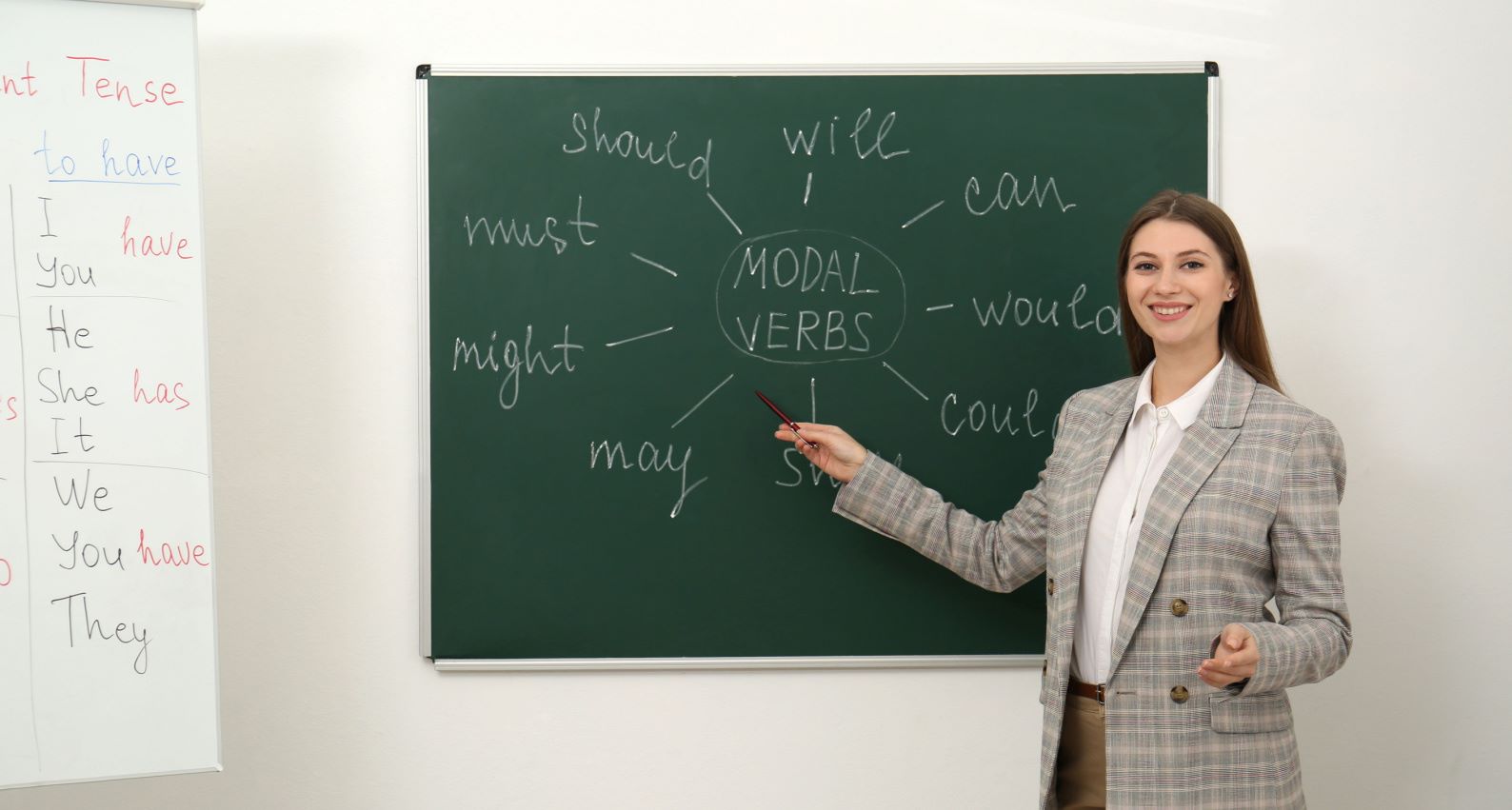
Modal verbs, a distinctive subset of verbs in the English language, play a crucial role in conveying nuances of meaning and expressing a range of attitudes, obligations, possibilities, and abilities. However, their usage often presents learners and even proficient speakers with perplexing conundrums due to their subtle variations, exceptions, and context-dependent meanings. This essay aims to simplify the complexities of modal verbs, exploring their intricacies and shedding light on the challenges they pose in usage and comprehension.
Understanding Modal VerbsModal verbs – including words such as can, could, will, would, shall, should, may, might, and must – are used to indicate various degrees of necessity, possibility, permission, ability, and volition. Unlike regular verbs, modal verbs do not undergo typical inflections for tense, person, and number. Instead, they remain constant in form, allowing the main verb to express these grammatical features.
Conundrum 1: Ambiguities in MeaningOne of the primary conundrums associated with modal verbs lies in their diverse and context-dependent meanings. For instance, the modal verb "can" can signify ability ("I can swim"), permission ("Can I go to the party?"), or possibility ("It can rain later"). The meaning changes based on the context, making it challenging for learners to grasp the precise interpretation without considering the broader scenario. This flexibility can cause confusion, especially for non-native speakers, leading to challenges in accurately understanding and using modal verbs.
Conundrum 2: Politeness and Expressing Obligation
Modal verbs often convey degrees of politeness and obligation, adding another layer of complexity. For instance, "should" indicates a suggestion or recommendation, while "must" expresses a strong necessity or obligation. However, the line between these can blur, leading to confusion for learners and non-native speakers when choosing the appropriate modal verb to convey the desired level of formality or obligation. Additionally, cultural norms and social contexts further impact the perceived level of politeness or obligation, making it challenging to grasp the nuances. Conundrum 3: Modal Perfect FormsModal verbs can also be used in conjunction with perfect forms, resulting in additional conundrums. For example, "should have," "could have," and "might have" refer to past possibilities, regrets, or assumptions. Understanding the appropriate usage and nuances of these forms, especially in comparison to other tenses, poses a challenge for learners. The complexity arises from distinguishing between past actions, speculations, and missed opportunities, making it essential to grasp the subtleties to use them accurately and effectively.
Conundrum 4: Modals in Subjunctive MoodModal verbs are usually used in the subjunctive mood to convey hypothetical situations, desires, suggestions, or doubt. For instance, "If I were you, I would not complain" uses the subjunctive mood with "would" to express a hypothetical situation. Mastering the proper usage of modal verbs in the subjunctive mood requires a deep understanding of both grammar rules and contextual meanings, making it a conundrum for many learners. The subjunctive mood can be elusive, and applying it appropriately with modal verbs requires a certain level of language proficiency and precision.
Conundrum 5: Negation and Double ModalsNegating modal verbs and using double modals (e.g., "could have been") further complicate their usage. When negating modal verbs, the word "not" is added after the modal verb, altering the meaning (e.g., "cannot" vs. "can"). Double modals, on the other hand, involve using two modal verbs consecutively like "might have" or "could be." Determining the appropriate negation or double modal combination can be challenging for learners due to the subtle differences in meaning and usage. Misunderstanding or misusing negation and double modals can lead to unintended meanings and miscommunication.
In conclusion, modal verbs are an essential and intricate aspect of the English language, offering a wide array of expressions to convey nuances of meaning, obligation, possibility, and more. However, the complexities and conundrums associated with their usage make them a challenging area of study for learners and even proficient speakers. A thorough understanding of the contextual and grammatical intricacies of modal verbs is crucial for achieving clarity and precision in communication. Continued practice and exposure to various contexts will help learners navigate the conundrums of modal verbs and utilize them effectively in their language proficiency journey. Modal verbs are indeed a linguistic puzzle, but with diligent study and practice, learners can master their usage and unlock the richness of expression they offer in the English language.
Superlative responsiveness and creativity. The professionals with whom we have worked have been significantly responsive.